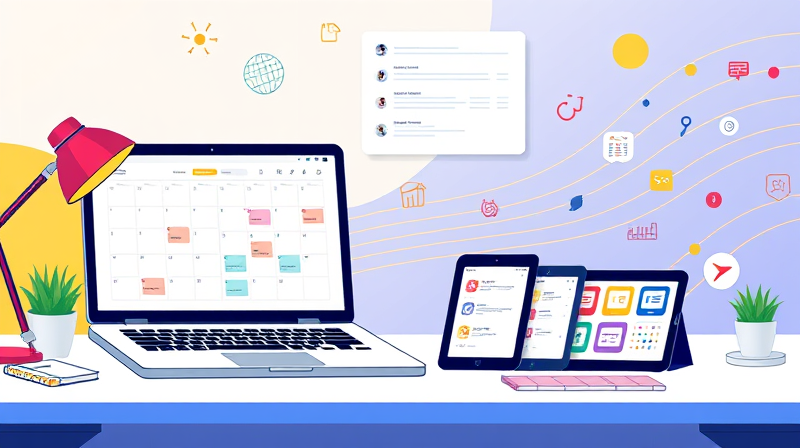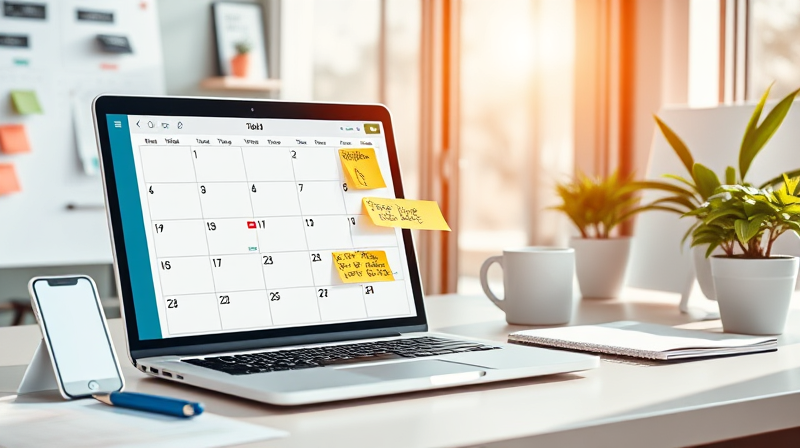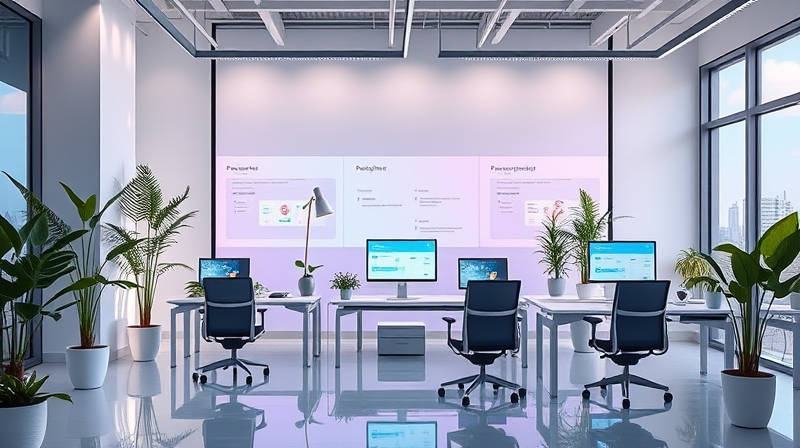In today's fast-paced world, continuous learning is vital for personal and professional growth. Integrating learning into a busy schedule might seem challenging, but with the right strategies, anyone can build a sustainable, enjoyable practice.
It is important to make a commitment to learning and to prioritize it alongside daily tasks. The following strategies are designed to help you seamlessly blend education into your routine.
Strategies to Enhance Your Learning Journey
One of the most impactful steps in continuous education is to set aside specific times for learning. This can be achieved by:
- Setting Dedicated Time Blocks: Allocate a weekly or monthly period solely for learning. Flexibility ensures that education remains a key part of your schedule without interfering with other responsibilities.
- Embracing Micro-Learning: Short, focused lessons are perfect for busy schedules. These bite-sized modules make it easier to stay consistent and keep learning manageable.
In addition to structured learning, consider leveraging digital platforms. On-demand systems and AI-powered learning pathways ensure that content is available when you need it, empowering you to learn at your own pace.
Embed Learning in Daily Activities by integrating skill-building exercises into your work processes. Using tools like virtual reality training or engaging simulations can turn everyday tasks into learning opportunities. This approach not only reinforces skills but also makes learning a continuous part of your workflow.
- Peer Learning: Engaging in group discussions and collaborating through projects enables the sharing of knowledge and creates a dynamic, interactive environment.
- Personalized Learning Journeys: Tailoring the learning experience to meet individual career objectives can boost motivation. Digital credentials and skills-based frameworks help track progress and celebrate milestones.
A supportive culture can transform the way you approach education. Leadership support is essential in emphasizing the importance of lifelong learning. When leaders actively participate and promote educational initiatives, it nurtures a culture of growth and development.
Recognition and rewards for academic achievements can further incentivize consistent participation. Whether it’s through digital certificates or public acknowledgment, celebrating progress is key to continuous improvement.
- Optimizing Remote and Hybrid Learning: Interactive content like live Q&A webinars and simulations can captivate remote learners. Allowing you to choose your own methods of learning—whether self-paced or virtual classrooms—ensures diverse needs are met.
- Utilizing High-Impact Learning Strategies: Active and experiential learning methods, such as case studies and practical simulations, help bridge the gap between theory and real-world application.
Regularly assessing your progress is just as important as the learning process itself. Utilize analytics to monitor your learning, identify gaps, and adjust programs accordingly. Consistent reviews using methods like spaced repetition can significantly enhance information retention.
By incorporating these strategic tips into your daily routine, lifelong learning becomes not only achievable but also a source of ongoing inspiration and growth. Embrace these practices to unlock new potentials, stay competitive, and ensure long-term success.
Start today by scheduling even a small block of time for learning. Every step you take builds a foundation for a brighter, more knowledgeable future.







